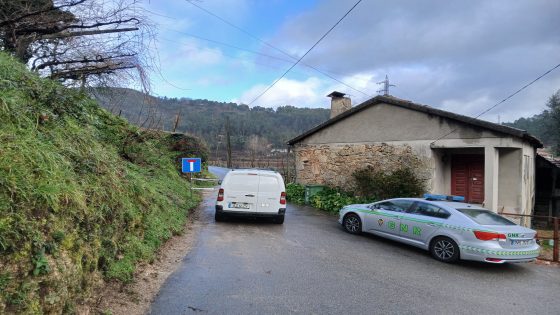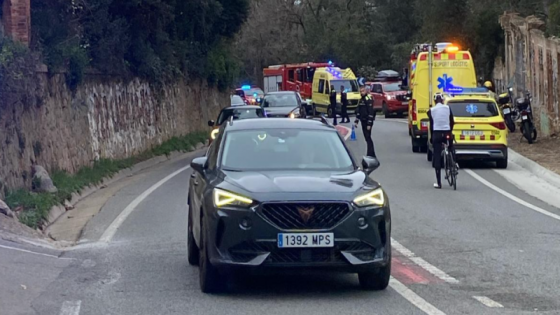An 11-month-old boy tragically died after being attacked by a family dog in Fonollosa, Spain, on February 21, 2025. The incident occurred around 6 PM while the child was under the care of his grandparents. How could such a heartbreaking event happen in a loving home?
- 11-month-old boy attacked by family dog
- Incident occurred in Fonollosa, Spain
- Community deeply saddened by the tragedy
- Child was under grandparents' care
- Dog not from a dangerous breed
- Investigation suggests possible domestic accident
Understanding the Tragic Death of an 11-Month-Old Boy in Spain
This devastating incident raises many questions. What safety measures can families take to prevent such tragedies? The boy was well-known in his community, and the News has left residents mourning.
Community Reactions and Support Following the Incident
The local community in Fonollosa is reeling from the tragic loss. Residents are expressing their sorrow and disbelief over the incident, with many describing it as a “disgrace.” The mayor, Eloi Hernàndez, emphasized the community’s grief, noting how the family was deeply rooted in the area.
Key Points About the Incident and Its Impact
As the investigation unfolds, several key points are emerging:
- The boy was under the care of his grandparents at the time of the incident.
- The family dog was not from a breed considered dangerous.
- Emergency services provided psychological support to the family.
- The event is being treated as a potential domestic accident.
Safety Tips for Families with Pets
While the investigation continues, families with pets should consider the following safety tips to prevent similar tragedies:
- Supervise interactions between children and pets at all times.
- Teach children how to approach and interact with animals safely.
- Ensure pets are well-trained and socialized to reduce aggressive behaviors.
- Consult with professionals for guidance on pet behavior and safety.
This heartbreaking story serves as a reminder of the importance of vigilance when it comes to children and pets. How can we better protect our loved ones in similar situations?






























